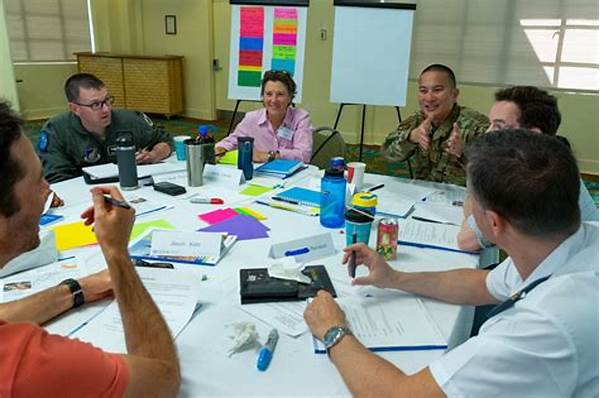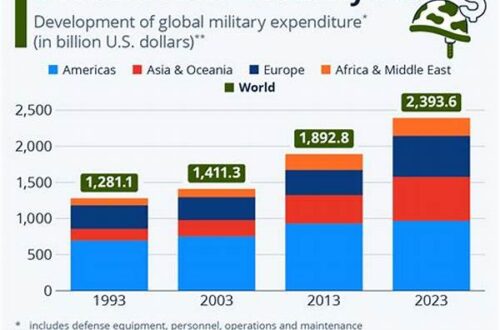In times of global calamities, efficient and timely responses are crucial to mitigating impacts on affected populations. The role of military forces during these times is indispensable, given their resources, logistical expertise, and readiness to deploy rapidly. Military coordination in global disasters encompasses the collaboration and strategic organization of military resources and efforts to provide aid, maintain order, and assist with disaster recovery operations.
The Role of Military in Disaster Response
The military’s involvement in disaster response has historically been significant due to their unique capabilities and infrastructure. Military coordination in global disasters allows for the swift mobilization of personnel and equipment to areas that are often otherwise inaccessible. Their ability to establish communication networks, facilitate transportation of supplies, and offer medical assistance is unparalleled. Furthermore, their structured command and control systems enable a seamless integration into existing emergency response frameworks, enhancing efficiency in disaster-stricken areas. The importance of military coordination in global disasters is further underscored when considering geopolitical boundaries; military components often collaborate across nations, overcoming logistical and operational challenges to render aid effectively.
The Significance of Timely Interventions
Challenges in Military Coordination
While military coordination in global disasters is essential, it is not without its challenges. Coordination among different military branches, as well as between military and civilian agencies, requires consistent communication and collaboration. Additionally, the integration of military operations within the frameworks of international humanitarian law necessitates careful adherence to protocols to safeguard human rights and dignity. Moreover, the diverse nature of global disasters—from natural catastrophes like hurricanes and earthquakes to man-made crises—demands adaptive strategies and resources, posing logistical challenges that require meticulous planning and execution.
Collaborative Efforts and Global Impact
Effective responses to global disasters hinge on collaborative efforts among international partners. Military coordination plays a pivotal role in establishing these alliances, weaving together a network of support that addresses the multifaceted needs of disaster-affected regions. The integration of military forces with international aid organizations and local governments fosters a holistic approach, generating comprehensive recovery strategies that prioritize both immediate relief and long-term development goals. Military coordination in global disasters not only aids in stabilizing regions in turmoil but also reinforces global peace and security efforts by building interconnected systems of humanitarian assistance.
Lessons Learned from Past Interventions
Observations from past interventions underline the importance of learning and adaptation in military coordination in global disasters. Post-incident analyses offer invaluable insights that shape future responses, enhancing preparedness and strategic planning. Instituting a robust feedback loop with adaptive training programs ensures that military personnel are equipped with current knowledge and capabilities. This foresight is essential in evolving threat landscapes, allowing for improved intervention efficiencies in mitigating the impacts of subsequent global disasters. These collective lessons and experiences contribute to institutional resilience, forming the backbone of proactive and reactive disaster management strategies.
Future Prospects in Military Coordination
Looking to the future, the significance of military coordination in global disasters is expected to increase, driven by complex environmental and geopolitical landscapes. Technological advancements promise to further augment the efficiency of military interventions, with innovations in logistics, communications, and strategic planning. Collaborative platforms that unify military, governmental, and non-governmental actors will likely play a crucial role in shaping cohesive disaster response frameworks, ensuring timely and effective humanitarian interventions on a global scale. Military coordination continues to be a pivotal factor in safeguarding communities, underscoring the necessity for ongoing dialogue, training, and cooperative endeavors.
Conclusion
In conclusion, military coordination in global disasters is an integral component of effective disaster response and recovery. By leveraging their unique capabilities, resources, and expertise, military forces are indispensable in mitigating the impact of disasters and facilitating recovery processes. Through challenges and advancements, the continuing development of strategies and collaborations remains paramount, ensuring that military coordination adapts to an ever-changing global landscape. In fostering cooperation across borders and agencies, military coordination in global disasters effectively strengthens global resilience and supports international humanitarian objectives.





